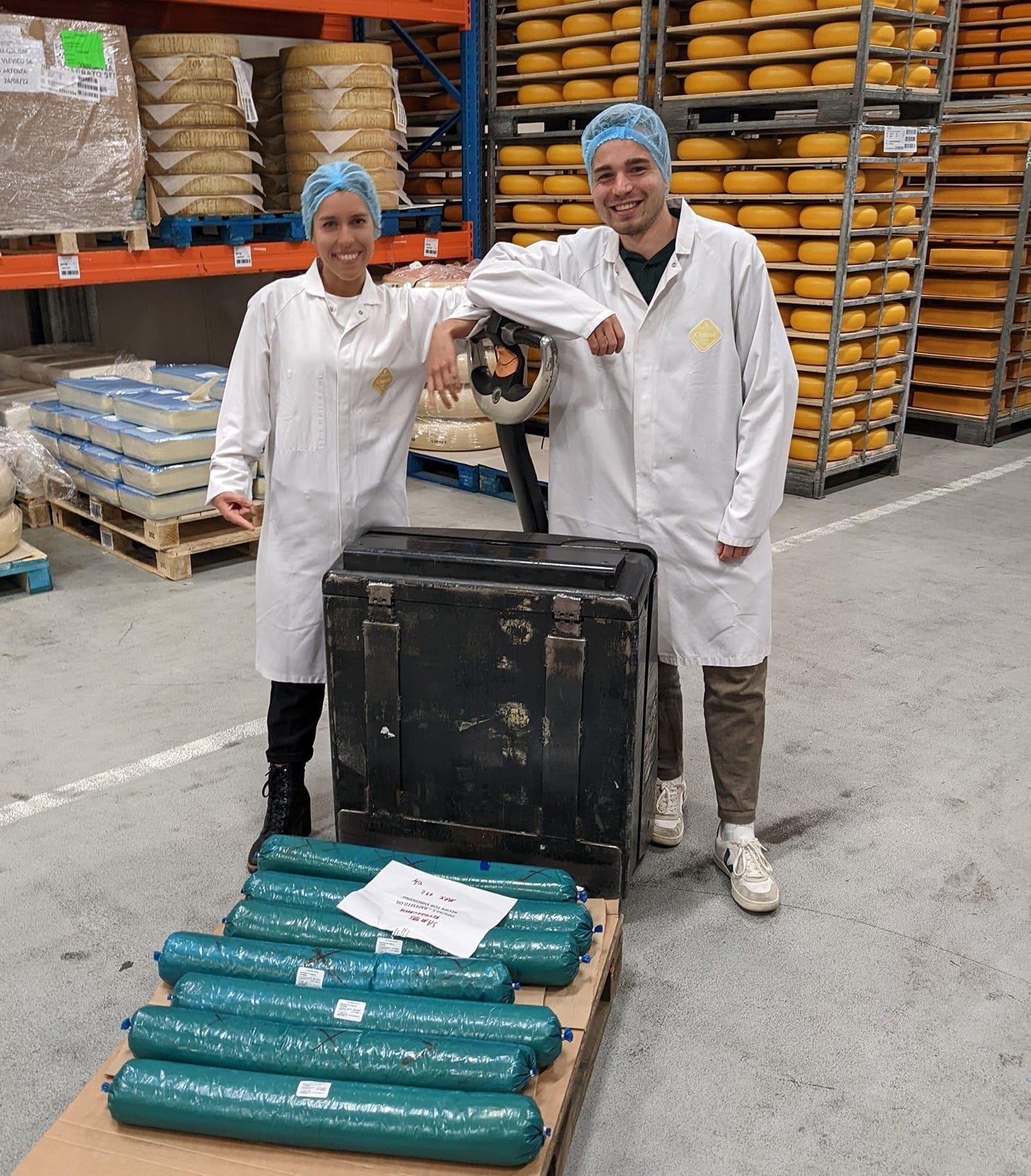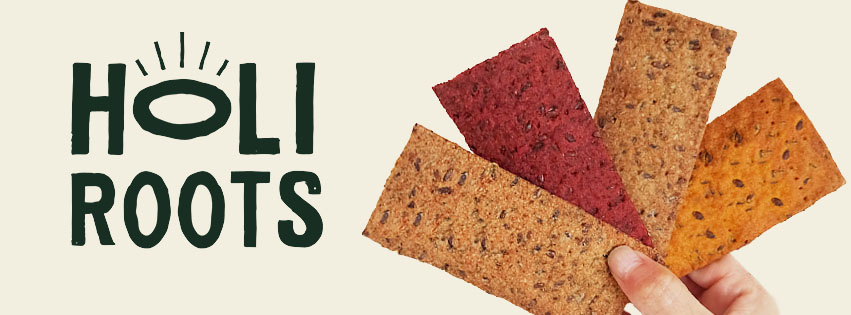When Hans was a kid, he used to spend his afternoons in his grandmother’s shop, watching the fish swimming in the big tanks where she kept them, waiting for the clients to choose the best ones for dinner. This is where he developed a love and respect for seafood, which would later lead him to create an innovative concept to counter overfishing. Miles away from him, Luke didn’t know yet that he would drop his medical career to serve sustainability. Seeing lots of people lying in hospitals because of obesity made him realize that educating consumers would address not only such health problems but also the impact of food production on the environment. Hans also worked for the Bill and Melinda Gates Foundation fighting infectious diseases, but he still felt far away from the impact of his work and “from the child who would have gotten immunized five years later in rural Pakistan.” Today he works for Bluu Seafood, a start-up producing seafood from fish cells, and Luke for Enough, a company managing a consortium that built the world's largest non-animal protein facility. They both crossed the path of the bioeconomy and made a career out of it.
According to joint research by JRC and the nova-Institute, in 2019 the EU bioeconomy accounted for almost 17.5 million jobs, annually adding value to the amount of €657 billion. Employing more than 8% of the European workforce, it is expected to create 1 million green jobs by 2030. Fostering this trend is among the goals of the EU project Allthings.bioPRO. Its main scope is to develop a serious game and a mobile app, structured around four sections, ranging from fashion and textiles to jobs and careers. “Our aim is to provide playful tools to highlight what the job opportunities are, both for students entering the labour market and for people who have long worked in traditional and non-sustainable economic sectors,” says Valerie Sartorius, the project coordinator. Players have to answer quizzes and accomplish tasks, which direct them towards the career opportunities. “In its first stage, it is like holding a mirror: the serious game helps the users get aware of what they are interested in. Then it introduces them to specific job profiles matching their interests and presents the required skills, to let them understand if they can envisage a professional reconversion or not.”
Like Luke and Hans, Ariana Alva Ferrari didn’t seem destined to work in the bioeconomy either. Born in Peru, she studied international business in San Francisco, but felt that “something was missing”. “I just didn’t feel passionate about what I was doing,” she recalls. Today her superheroes are “beans and pulses which are grown in Europe”. Together with Jan Haberzettl, she founded a start-up, recently renamed Viva la faba, to celebrate the main ingredient of the vegan cheese that it produces. The concept was developed as part of a food innovation competition that they took part in, thanks to a masters programme that they were both attending in Stuttgart, Germany. “I had started looking at topics such as sustainable agriculture and sustainable development, but when I bumped into it, I realised that it was not only focusing on every step of the value chain but also preparing to develop any range of activity, from the food sector to bioplastic.”
 Viva la Faba co-founders'
Viva la Faba co-founders' Viva la Faba logo
Viva la Faba logo Viva la faba vegan cheese
Viva la faba vegan cheeseThe Bioeconomy master by the German University of Hohenheim is an interdisciplinary study programme aimed at bringing students with different backgrounds to develop more transversal skills. “We teach them to understand the bio-based value chains from the production and provision of the biomass to the launch of the final products and services on the market,” says its director, Iris Lewandowski. If the task is often hard, she explains, it is also because “sustainability is much about steering processes in which everybody has to gather around a common vision”. “This is why we make the students work in teams: to teach them how to work on interdisciplinary and international projects, using a very solution-oriented approach.”
“Rescuing” vegetables that don’t reach the retail stores because of their calibre or over-production is the solution devised by Paola Varela to reduce food waste. She is the CEO and co-founder of the start-up HoliRoots. “We start by visiting the farmers’ facilities to understand which vegetables are the most likely to be wasted and then we develop our products accordingly,” she says. “We began just with red beet, and we defined vegetable crackers as our first product but then we made three more kinds of them, based on parsnips, leeks, and carrots.” Paola also took part in the food competition From leaf to root and graduated from the same masters programme as Ariana. “It not only gave us the idea to take up the challenge of tackling food waste but also allowed us to benefit from its platform and connections.”
 HoliRoots logo and crackers
HoliRoots logo and crackers Holiroots team
Holiroots teamThe University of Hohenheim is part of the European Bioeconomy University, an alliance of six leading bioeconomy universities founded in 2019. “Each of them has its specific offer but none of them covers all the aspects of the bioeconomy. This is why, through this cooperation, we can offer a broader range of topics and choices,” says Lewandowski. “Students of all member universities can for instance benefit from the courses offered by the other ones. It is crucial for us that they meet other students and discover different teaching approaches. Our aim is to form a new generation of bioeconomy graduates with a European view and mindset.”
However, the first ones struggled to find a job and to explain what their added value was. “When we launched the master back in 2014, the industry, the labour market, and society were not prepared for the bioeconomy, but the mindset has evolved a lot since,” says Lewandowksi. “Due to the climate crisis, the food crisis, and the gas crisis, policymakers and industry now have a much better understanding of the bioeconomy and how it helps to face these challenges”. One more contribution will soon come from the digital tools developed within Allthingsbio.Pro project: “After the recent release of their beta versions, both the app and the serious game will be available at all mobile app stores from next summer,” says Sartorius. With a little help from smartphones and technology, it should then be easier to find one’s way. As suggested by the fact all the graduates from the master programme's last edition are all in employment, the demand for transformation is growing in the labour market, and sustainability has become crucial for both companies and policymakers.
youris.com provides its content to all media free of charge. We would appreciate if you could acknowledge youris.com as the source of the content.